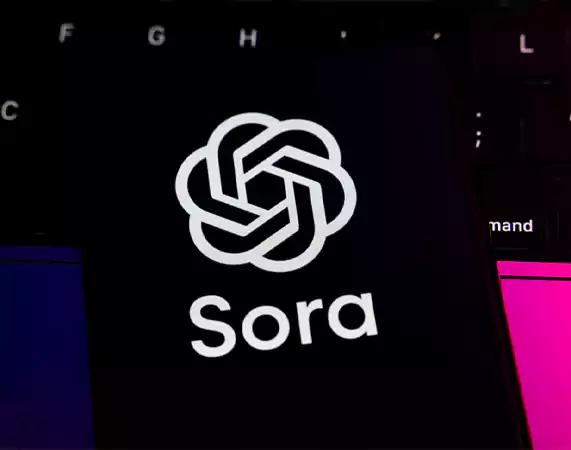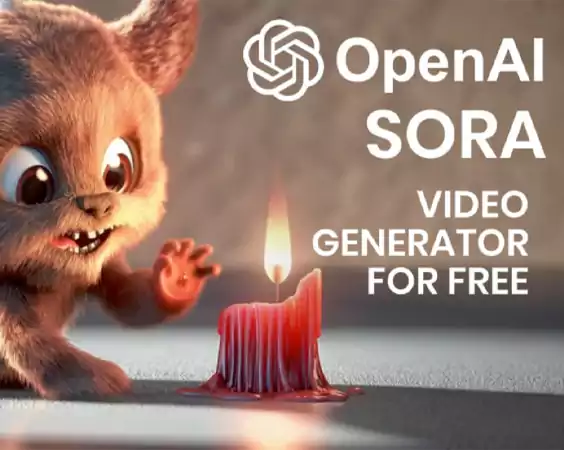
OpenAI’s newly introduced video-making application Sora has registered over a million downloads in just a few days, which is a clear indication of the early and high demand for video generation tools. The instantaneous success of the app has raised questions on content moderation, copyright, and the ethics of using synthetic media.
Launched on September 30 for the iOS platform in the U.S. and Canada with an invitation-only model, Sora 2 allows users to create brief video clips that are powered by AI. The video is based on the text they enter, and to upload their cameo video representations, which would then be inserted into new scenes. Despite the limitations set on its launch, the application quickly climbed to the top of the charts of the Apple App Store, eventually being on the lists of the most downloaded free apps.
As per OpenAI’s Sora lead, Bill Peebles, the app achieved a million downloads in less than five days, faster than the iOS launch of ChatGPT. App intelligence by Appfigures also estimates around 627,000 iOS installations in the first week of Sora, making it the number one among all similar apps, overtaking ChatGPT’s first-week figure of 606,000. However, the rapid adoption brings along challenges. The critics and rights holders have voiced their concerns regarding the treatment of copyrighted characters and personalities by the app.

Users have already started bringing in both reality and fantasy-based people in AI-generated movies (beyond Google’s AI Genie 3), thus defining the boundaries of what constitutes permissible use. To this, OpenAI has come up with a solution; copyright holders will soon be able to have tighter control over the usage of their intellectual property, and a character opt-in system is also in the pipeline. For the users, the video-making application, Sora, has put in place certain supports that include clearly visible, animated watermarks on the video and permission settings that allow the users to restrict the use of their facial images in cameos.
